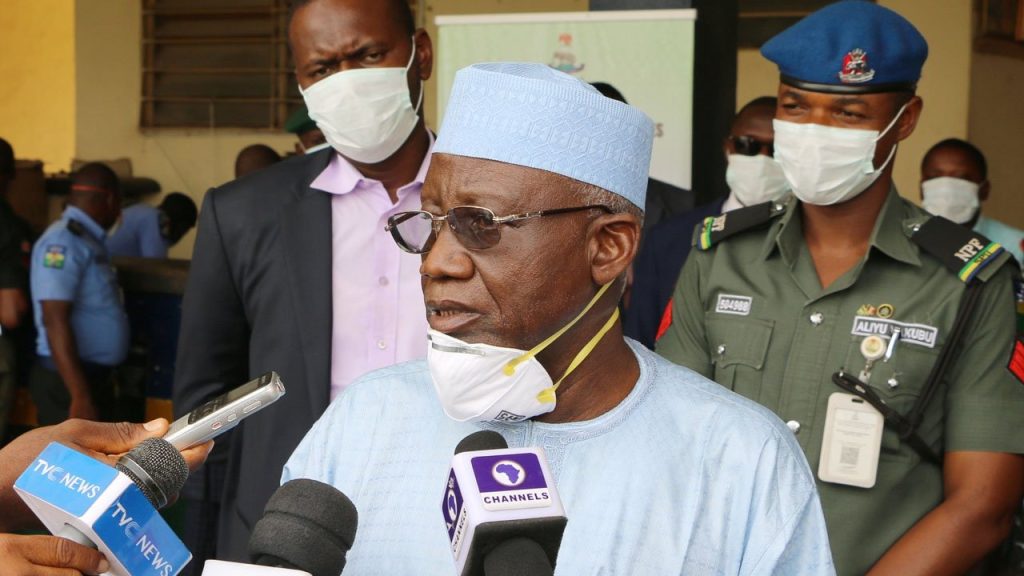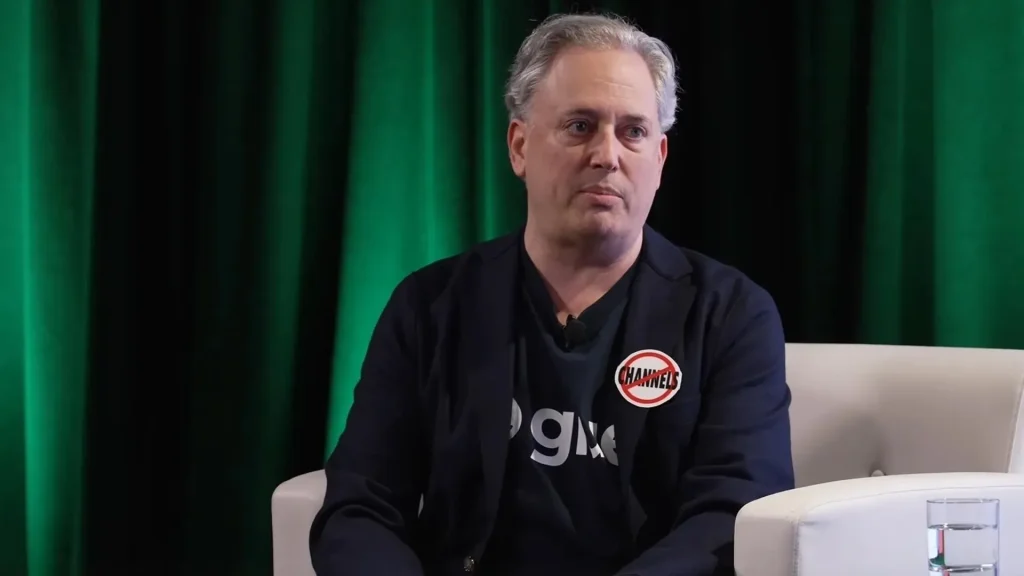Labour and Employment Ministry don’t create jobs – Minister to Nigerians

The Nigerian Minister of Labour and Employment, Muhammadu Dingyadi, has stated that his ministry is not tasked with directly creating jobs for citizens. Instead, he emphasized that the ministry’s role is to create favorable policies that encourage and facilitate job creation across the country. He made these remarks during his speech at the annual conference of the Federal Capital Territory (FCT) chapter of the Nigerian Institute of Public Relations (NIPR) held in Abuja.
Dingyadi’s statement aimed to address a common misconception about the Ministry’s role in job creation. He acknowledged the country’s significant unemployment challenges, particularly among Nigeria’s large youth population, but reiterated that the ministry’s focus is on formulating and implementing strategic policies that will enable job growth. According to him, the ministry works to create an environment that allows businesses and industries to thrive, thereby generating employment opportunities. By laying the groundwork for sustainable economic growth through such policies, the ministry hopes to tackle Nigeria’s high unemployment rates over time.
The Minister also addressed the importance of economic reforms under the administration of President Bola Ahmed Tinubu, which are aligned with the government’s broader Renewed Hope Agenda. He highlighted key initiatives aimed at fostering job creation, including ongoing investments in both human capital and infrastructure. These investments, according to Dingyadi, are critical in driving the country’s economic transformation and ensuring long-term employment opportunities. The government’s focus on such reforms demonstrates a commitment to addressing the structural issues affecting job creation in Nigeria, with an emphasis on both policy-making and economic growth.
Dingyadi also touched upon the negotiation of the new minimum wage, which is expected to enhance the living standards of Nigerian workers. The increase in the minimum wage is part of the government’s broader efforts to ensure fair compensation for the nation’s workforce. The government’s focus on infrastructure development is another major factor contributing to the creation of jobs. By building roads, bridges, and other critical infrastructure, the government is not only improving the country’s economic landscape but also providing employment in construction and related sectors.
In his address, Dingyadi acknowledged the efforts of the current administration to tackle unemployment but emphasized the importance of collaboration with private sector actors, local governments, and other stakeholders. He urged Nigerians to understand that job creation is a multifaceted effort, requiring cooperation between the government, businesses, and other entities in society. He also called for patience and continued support from the public, as job creation is a long-term process that will take time to bear fruit.
In addition to the Minister’s comments, Sunday Dare, the Special Adviser to President Tinubu on Media and Public Communications, also spoke at the event. He reassured Nigerians that despite the current economic difficulties, the reforms being implemented by the Tinubu administration are beginning to yield positive results. Dare highlighted the administration’s commitment to improving Nigeria’s economic performance through strategic policy initiatives. He noted that while challenges persist, the government’s reforms have started to produce encouraging signs of recovery and progress in key sectors of the economy.
Overall, the speeches at the conference underscored the importance of policy-driven job creation, economic reform, and strategic investments as key tools for addressing Nigeria’s unemployment crisis. Both Dingyadi and Dare reiterated the government’s commitment to improving the economic situation, emphasizing the need for patience as the benefits of these reforms gradually unfold. The statements made during the conference reflect the administration’s focus on long-term, sustainable solutions to job creation, driven by strategic policies, investments, and reforms.






